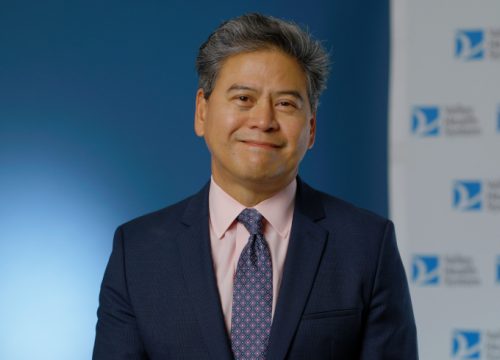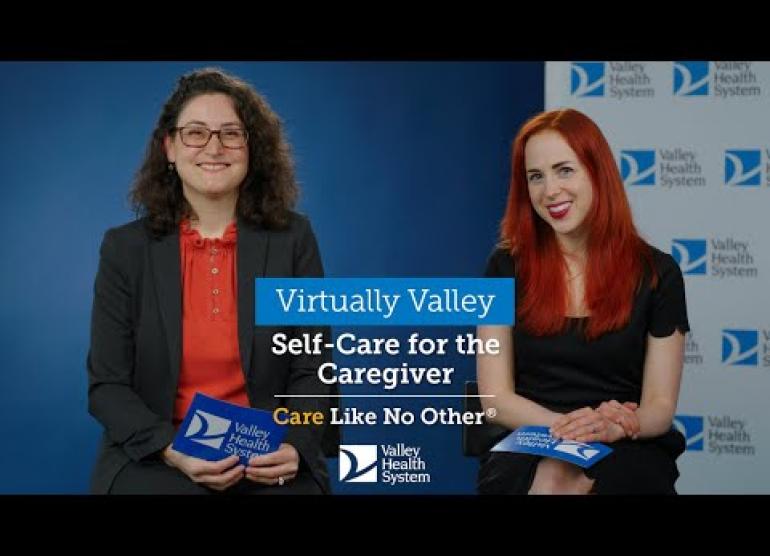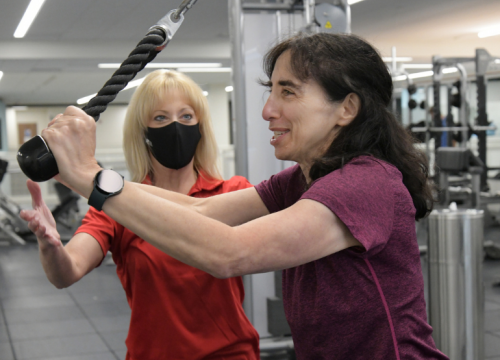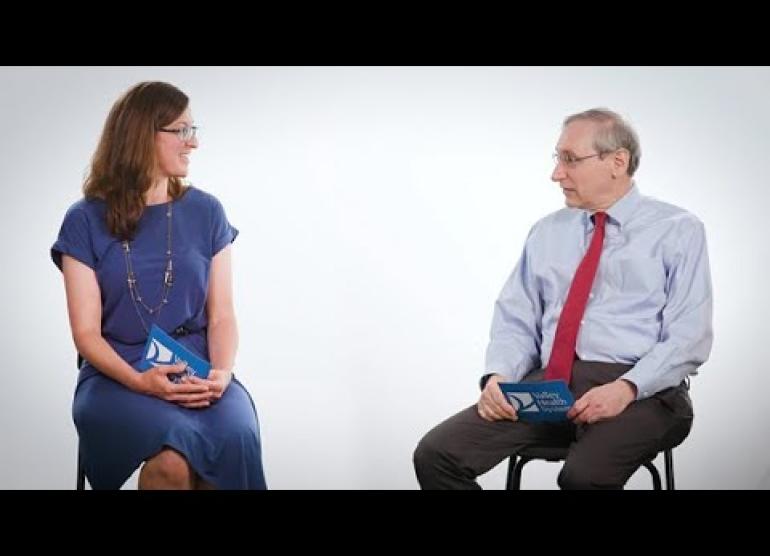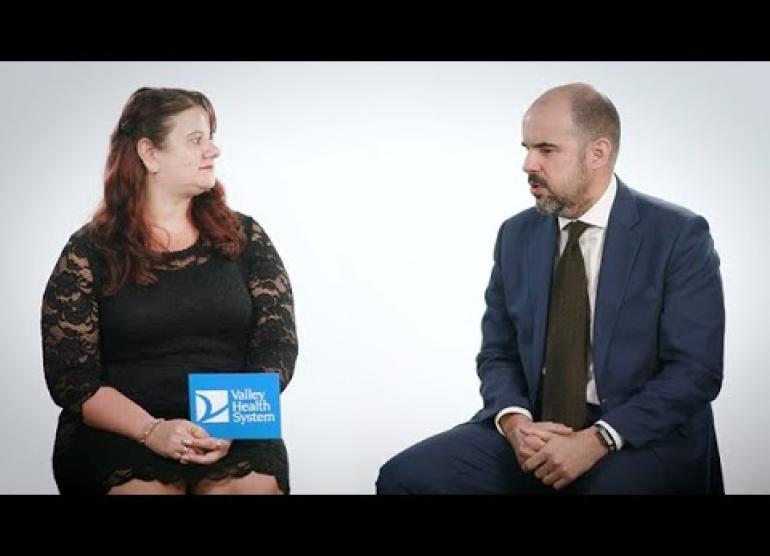
April 16 is National Healthcare Decisions Day, a day to educate on the importance of advance care planning and empower individuals to prepare an advance directive or living will. Having these conversations now and preparing a written plan, will make things easier for your family should a serious medical event occur.
What is advance care planning?
Planning ahead for a serious illness is challenging, and it is a topic that people shy away from. It is a little like walking a tightrope. You don't plan to fall, but if you do, you want the safety net there.
Advance care planning involves documenting preferences for healthcare treatment should a serious medical event occur, and you are unable to make your own healthcare decisions.
During a health crisis, families begin to question or disagree when making healthcare decisions for their loved ones. Through advance care planning, and writing an advance directive, you will reduce the burden placed on your family by allowing them to respect your wishes.
What is an advance directive?
An advance directive is a legal document that you can complete on your own that can help ensure your preferences for various medical treatments are followed if you become unable to make your own healthcare decisions. Your advance directive only goes into effect if your physician has evaluated you and determined that you are unable to understand your diagnosis, treatment options, or the possible benefits and harms of the treatment options.
There are two common advance directives: an instruction directive and a proxy. It is your decision to have both documents or just have one of them. It is possible to have both kinds on one form.
An instruction directive, also known as a living will, is a document where you can express your wishes regarding treatments you want or don’t want to receive. You can include qualifiers, or phrases, that read, “I want a trial of a treatment to see if I can get better, but I don't want specific treatments in the long term.” In a living will, you can also include a description of your beliefs, values, and general care and treatment preferences. This document will guide your physician and family if they have to make healthcare decisions for you in situations not specifically covered in your advance directive.
A proxy directive, also known as a durable power of attorney, appoints a healthcare proxy to make decisions for you when you are unable. The person that you appoint is known as your “healthcare representative,” and the individual is responsible for making the same decisions you would have made under the circumstances. If the representative is unable to determine what you would want in a specific situation, they are asked to base their decision on what they think is in your best interest.
Who should have an advance directive?
You need to be at least 18 years of age to have an advance directive. A medical crisis can happen at any age. Making a plan for the future helps make sure you get the care you want.
How do you make an advance directive?
- Think about what matters most. Start by considering your values and what matters most to you at end-of-life. Think about the treatments you might want and what your definition of “quality of life” is.
- Start Talking. You might want to speak to your medical practitioner about your current health and what decisions you may face in the future based on current diagnoses and genetic conditions.
- Choose a healthcare proxy. It could be a family member, loved one, close friend, or lawyer. It should be someone you trust to make decisions on your behalf. It is important to have a conversation with this individual about your wishes, so they understand them.
- Start Writing. Complete an advance directive form. You do not need to work with a lawyer to complete an advance directive. In New Jersey, in order for an advance directive to be deemed official, it needs your signature and the signatures of two witnesses who are not named in the document or a notary. You can consult a lawyer if you have legal concerns.
- Share. Share your advance directive form with your medical proxy, healthcare providers, and loved ones.
- Keep Talking. Review your advance directive periodically. Your opinions and values may change, as can your treatment or proxy preferences. Advance directives can always be updated.
For more information and for the forms, please click here.




